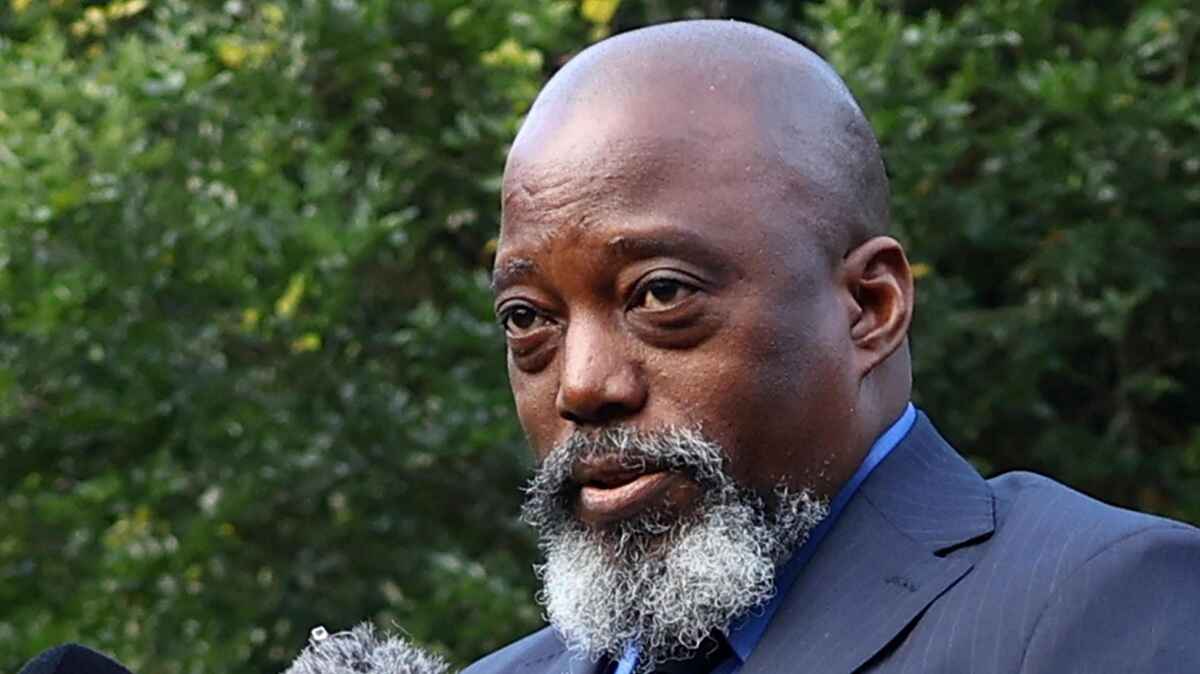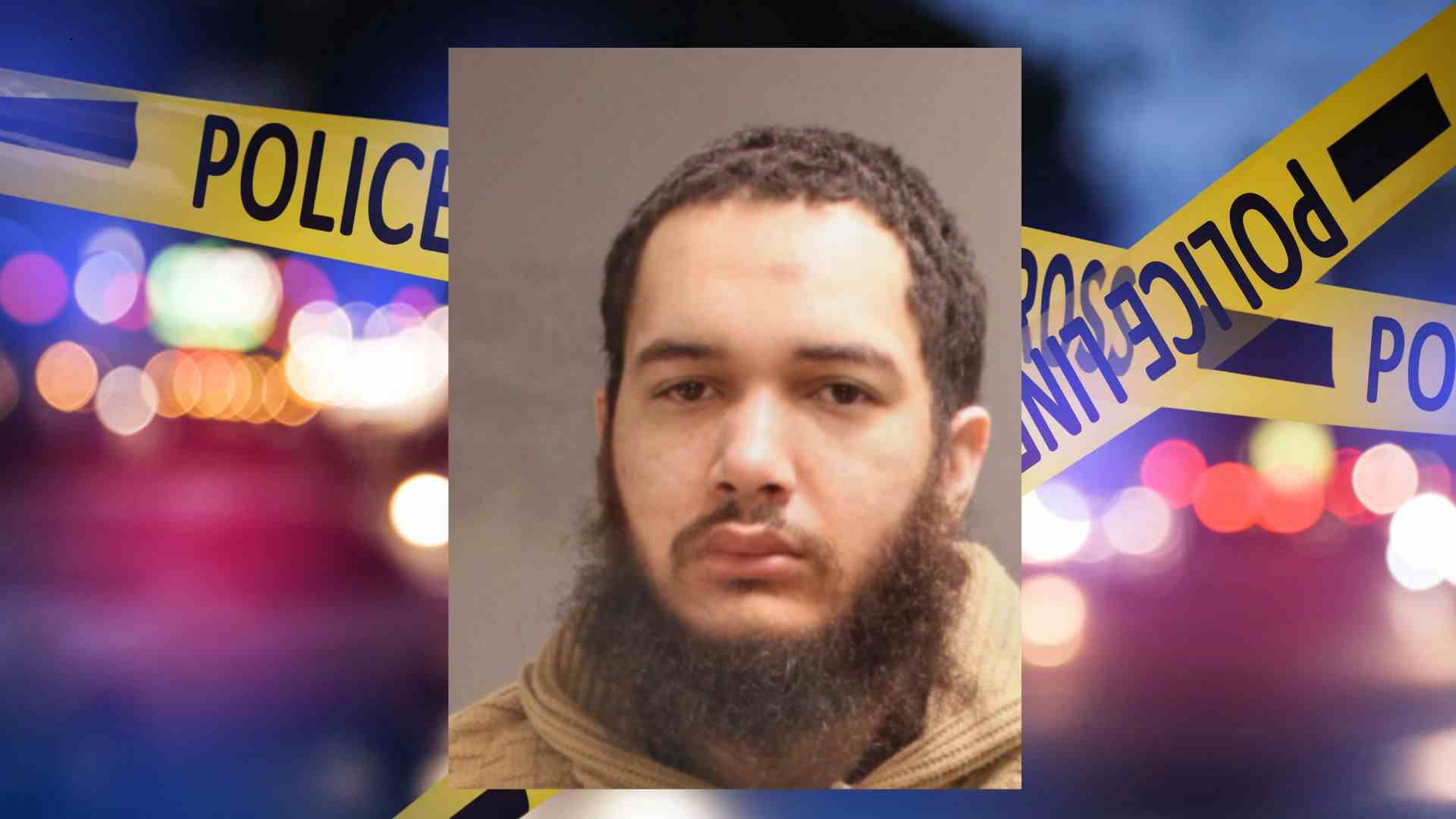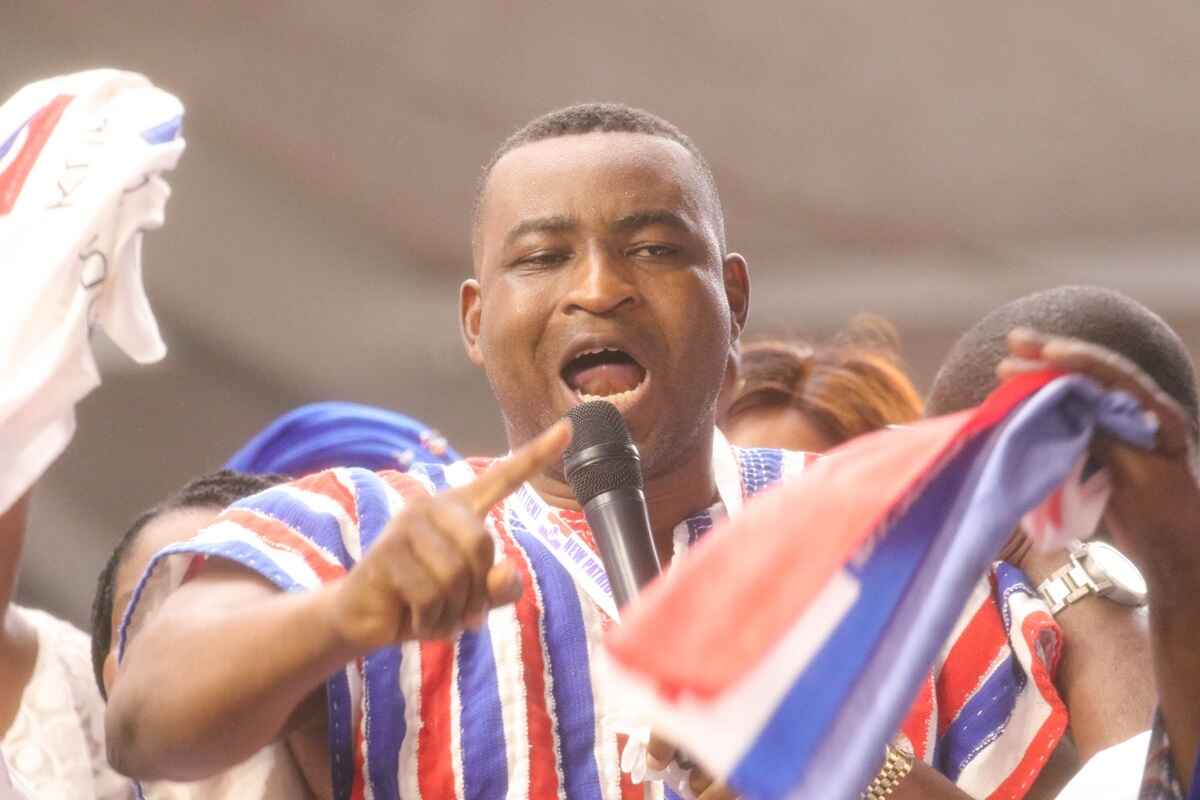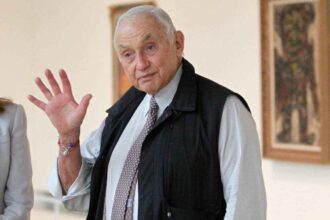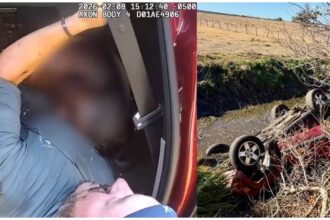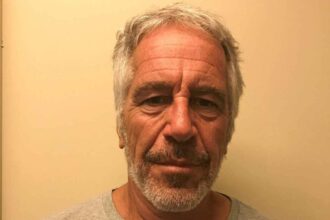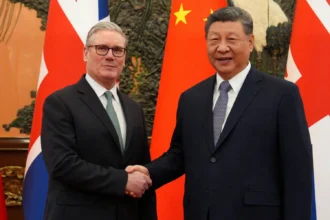The Democratic Republic of the Congo (DRC) has suspended the political party of former President Joseph Kabila and ordered the seizure of his assets, citing accusations of high treason linked to alleged ties with the Rwandan-backed M23 rebel group.
The announcement came in a statement from the Interior Ministry late Saturday, revealing that Kabila’s party the People’s Party for Reconstruction and Democracy (PPRD) was suspended for its “ambiguous attitude” toward the M23 rebellion, which has led to renewed violence in the country’s eastern provinces.
The M23 movement has re-emerged as a serious threat in the DRC’s mineral-rich eastern regions. Rooted in historical tensions following Rwanda’s 1994 genocide and fueled by mineral control, the conflict has once again flared. Since the beginning of this year, M23 rebels have seized the strategic cities of Goma and Bukavu, causing mass displacement and fatalities.
President Felix Tshisekedi has accused Kabila, 53, of backing M23 and preparing what he called “an insurrection” against the state. These accusations are being treated as high treason by the government.
In a separate release, the Justice Ministry confirmed that Kabila and several leaders from his party will have their properties confiscated. Prosecutors have reportedly been directed to initiate legal proceedings, although formal charges have yet to be filed.
So far, Kabila himself has not publicly responded. However, his spokesperson Barbara Nzimbi indicated on X (formerly Twitter) that the ex-president intends to address the nation soon. Meanwhile, PPRD’s secretary Ferdinand Kambere told Reuters that the party’s suspension was “a flagrant violation” of the national constitution.
Reports suggest that Kabila recently returned to the DRC after spending two years in South Africa, and may have traveled to the eastern city of Goma. That visit, however, remains unconfirmed by independent sources.
Kabila came to power in 2001 following the assassination of his father during the Second Congo War. He led the country through two controversial elections in 2006 and 2011, both of which were overshadowed by allegations of vote-rigging and human rights violations. In 2019, he peacefully handed over power to Tshisekedi a historic first for the DRC since gaining independence in 1960.
Kabila recently stated in an interview with Jeune Afrique that his return is aimed at helping to resolve the country’s political and security crisis. He mentioned his willingness to “play a role in seeking a solution” after several years of retreat and one year in exile.
The DRC’s crackdown on Kabila comes at a critical moment, as peace talks between the government and M23 rebels, initially scheduled for April, have been postponed. The delay underscores the worsening security and political instability in the region.
The United Nations and multiple African nations have accused Rwanda of supporting the M23 rebels. Rwanda’s President Paul Kagame has denied these allegations, deepening regional diplomatic tensions.



